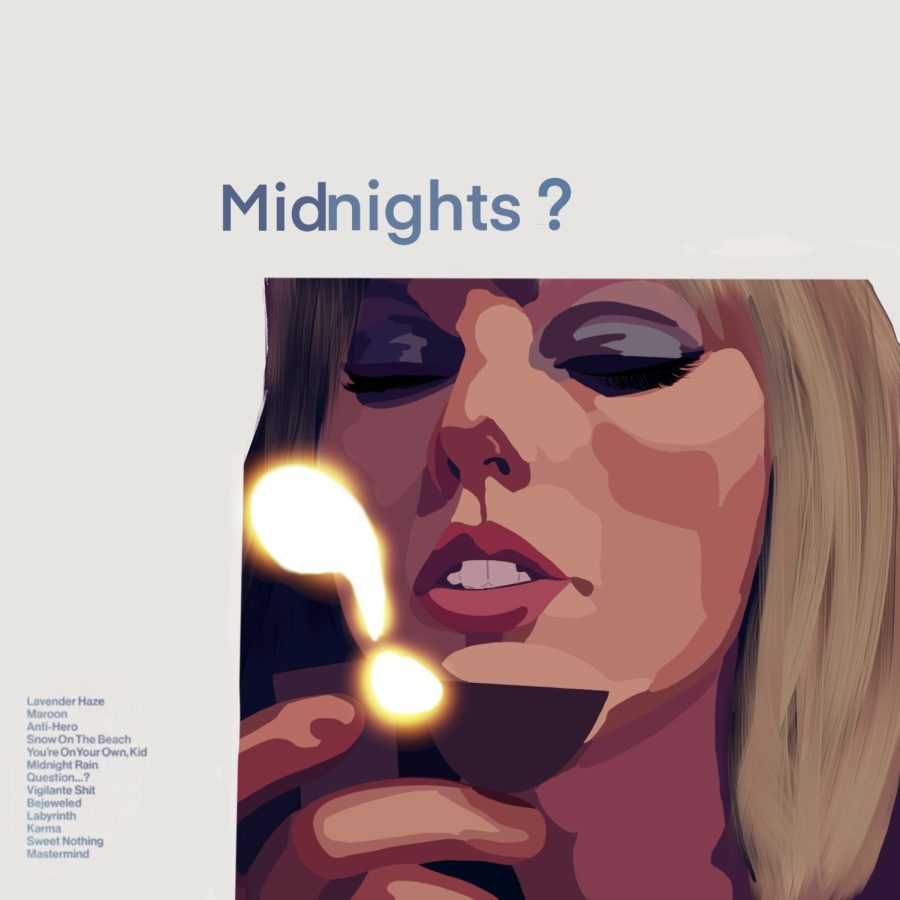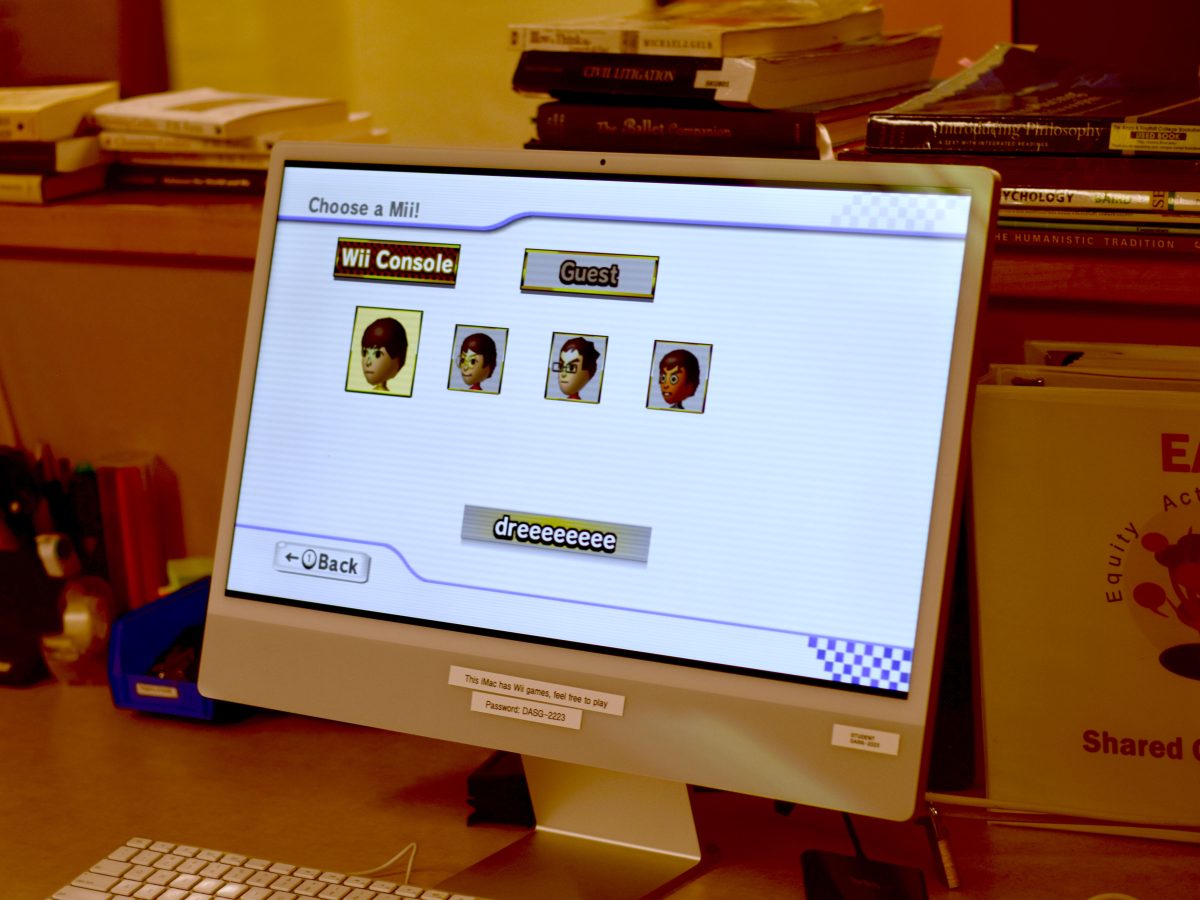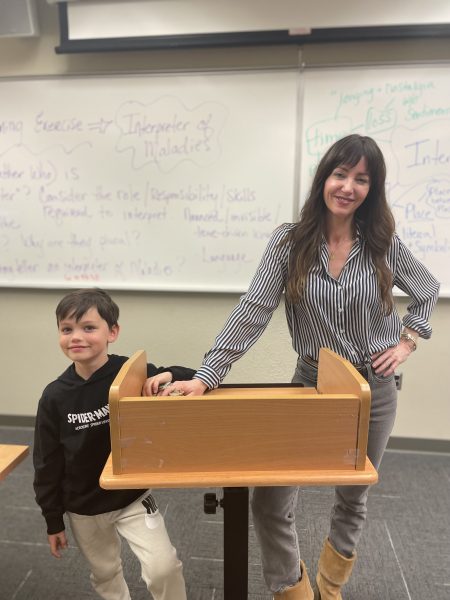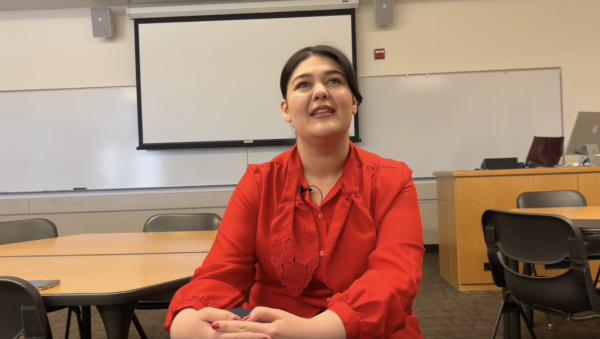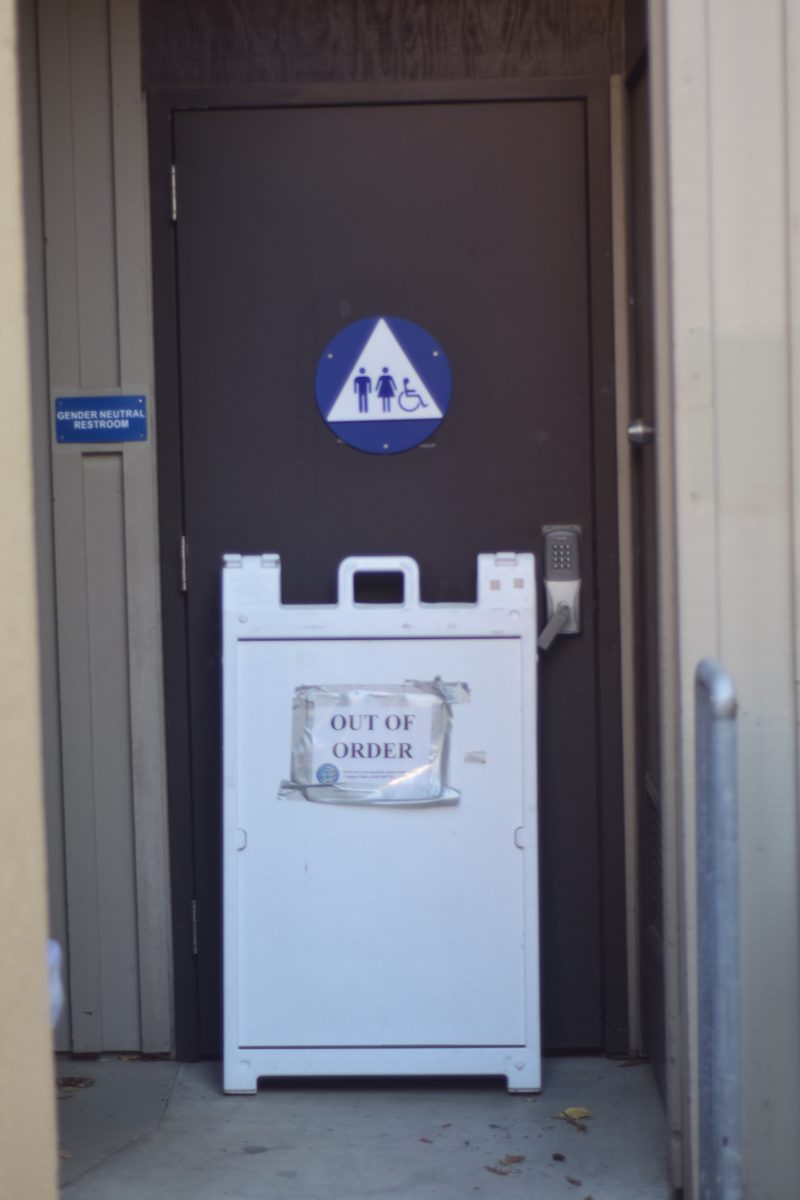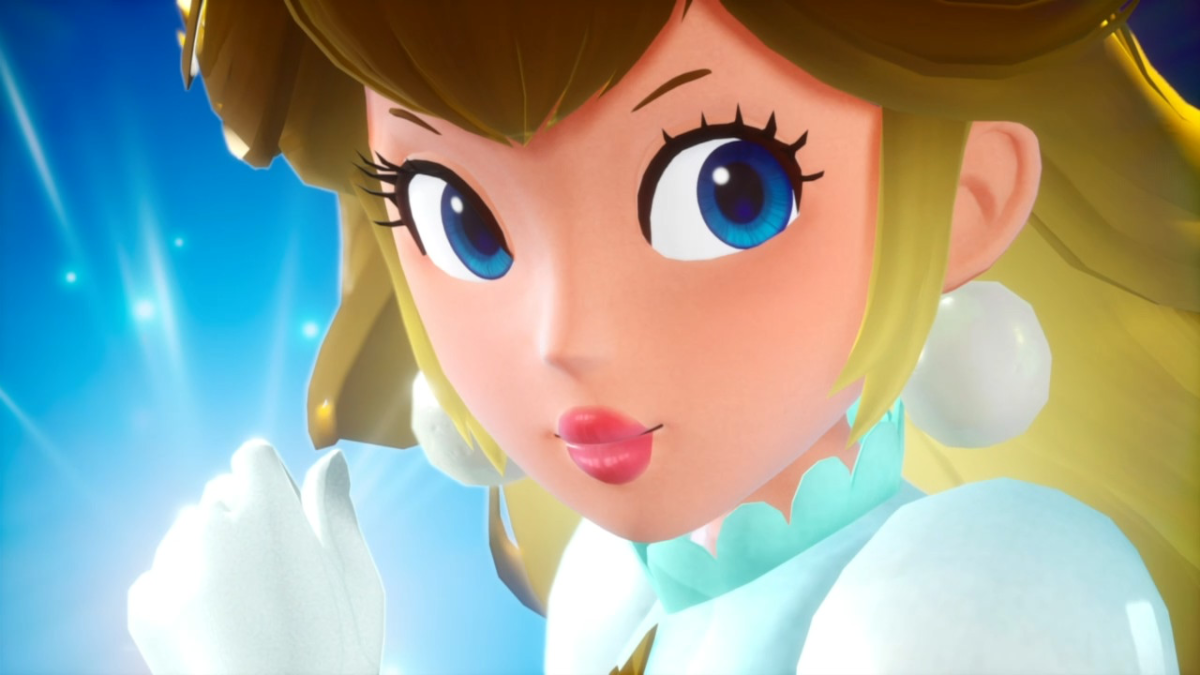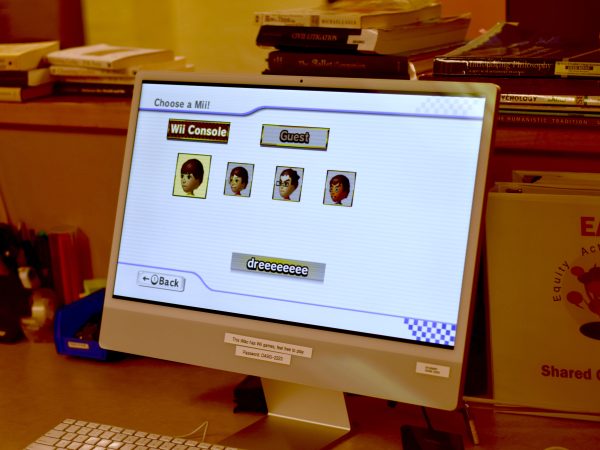Taylor Swift introduces dreamy pop songs with ‘Midnights’
November 3, 2022
Note: This album review covers the original version of “Midnights” that has 13 tracks, not the 20 tracks from “Midnights (3am Edition)” deluxe album.
On “Midnights,” Taylor Swift’s tenth studio album, she reflects on love, marriage, karma and revenge.
The best parts of the album skip the clickbait of Swift’s supposed bad girl reputation and instead aim to tell a story – and boy, does she have range as a songwriter. On one hand, she can make the ups and downs of a fictional love story between a “good girl” and “bad boy” interesting, funny and relatable, like in the seventh track “Question…?”
The capital “R” Revenge comes late in the album on “Vigilante Shit,” as Swift claims to dress for no woman, no man, only for you know what. She continues the story on “Karma,” where she calls karma her “boyfriend” and her “cat”… okay.
Swift can write about the warm intimacy of her long-term relationship and still rebuke engagement speculation with this sharp observation, such as in her song “Lavender Haze”: “The only kind of girl they see / Is a one-night or a wife.”
While “Anti-Hero” was the first track to receive a music video for the album and garnered the most publicity pre-release, it is probably one of the worst songs lyrically on the album. Swift references insecurities relating to her depression, death, personal flaws and age, but the different parts of the song never come together. This isn’t helped by the repetitive chorus: “It’s me, hi/ I’m the problem, it’s me / At teatime, everybody agrees.” The song aims at comedy and vulnerability, but it comes off as nakedly insecure and disjointed.
The instrumental of the song, however, is its saving grace. Swift explored indie pop and dream pop sounds on her previous releases, “Folklore” and “Evermore,” and those influences clearly show here. The sound of the album is cohesive and atmospheric, but it’s sometimes flattened by the overuse of synths and common pop melodies. With Bon Iver on her previous material, Swift was able to explore textured guitar and unusual drum patterns — hopefully, she brings some of that sonic diversity back to her next project in this genre.
A strong element throughout is the vocal performances. One can only wish “Snow On the Beach,” the only duet on the album, went on twenty minutes longer, just to hear the merging of Swift’s sultry lower register with Del Rey’s higher, ethereal voice. “Bejeweled” is another song where Swift nails it in the delivery: the personality, attitude and playfulness in her voice elevates the song to the next level.
If there is one song that stands out the most, it’s “Mastermind,” the last track on the album. It’s introspection done right, mixing smooth vocals with the clever lyricism Swift is known for. She weaves in ideas about love and feminism in a way that feels natural instead of forced while still asserting that she cares about what other people think of her. She owns her lust, her love to plan and the need she has for validation, which is mature and refreshing.
Maybe savoring success – whether it be a high-flying career or a supportive partner – is the best revenge.
Rating: 3 stars out of 5



